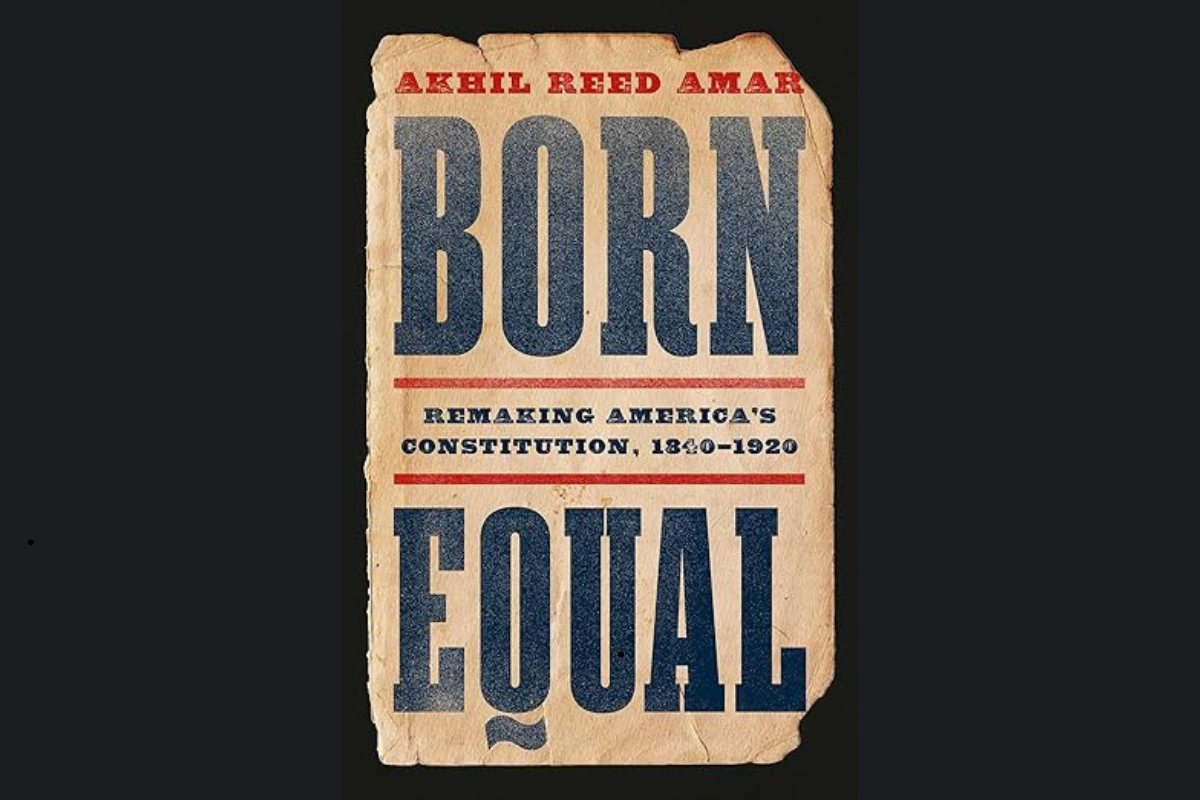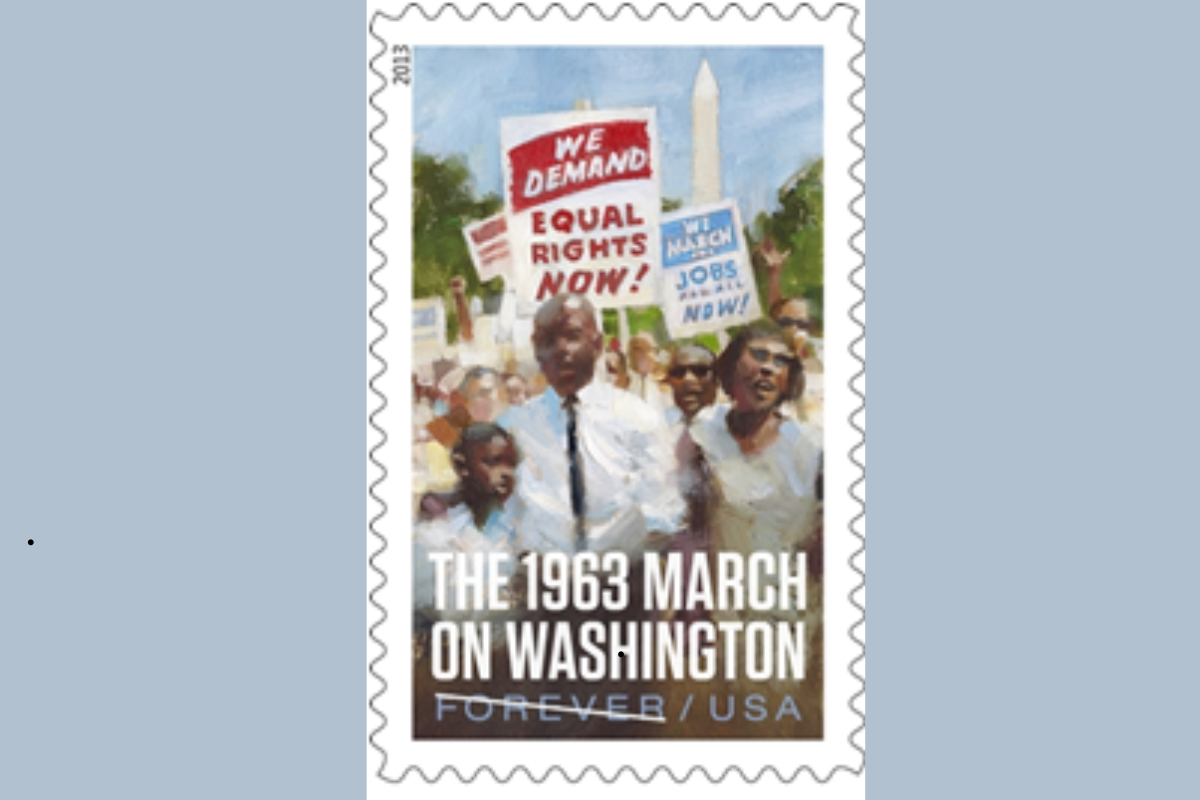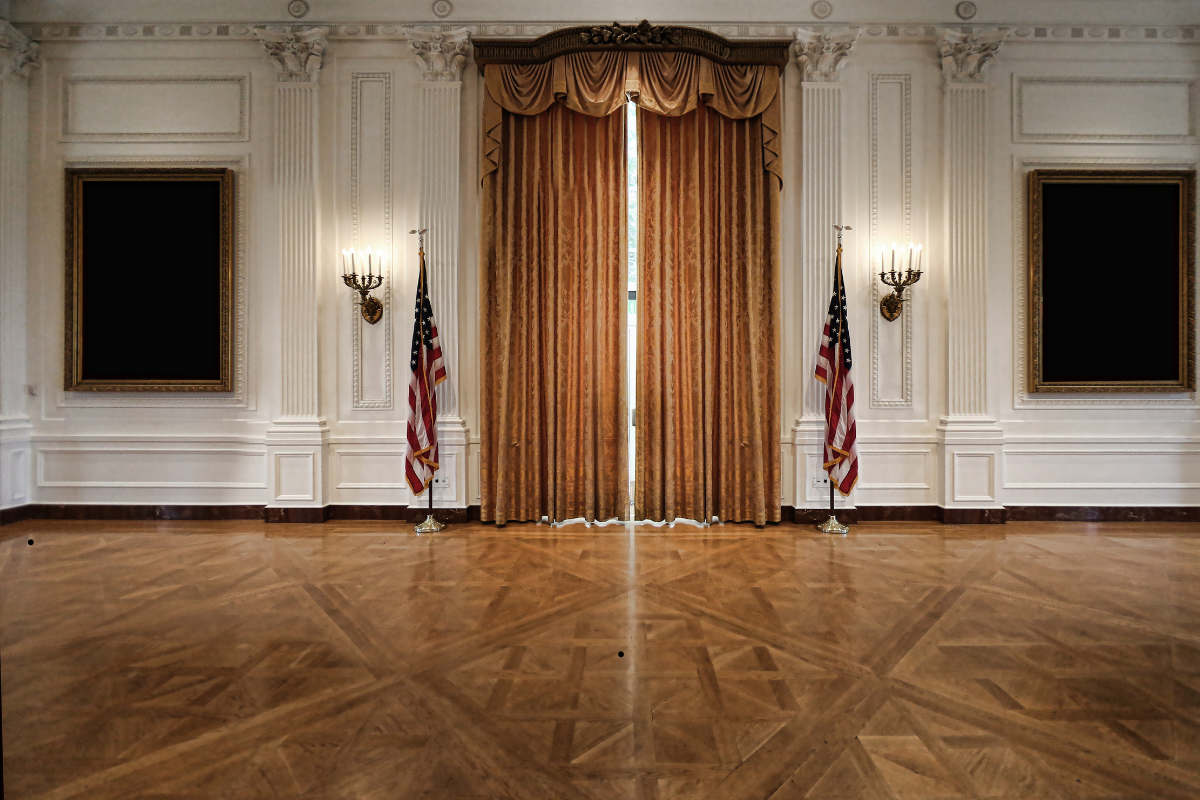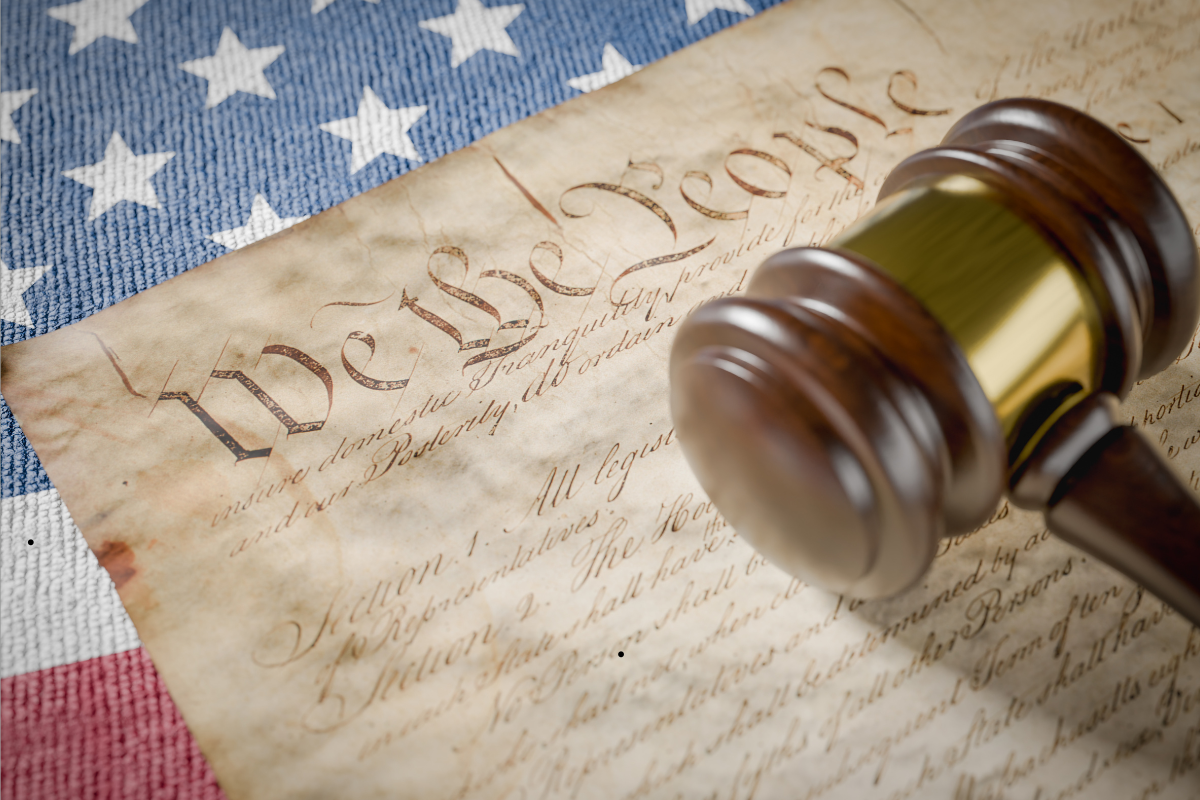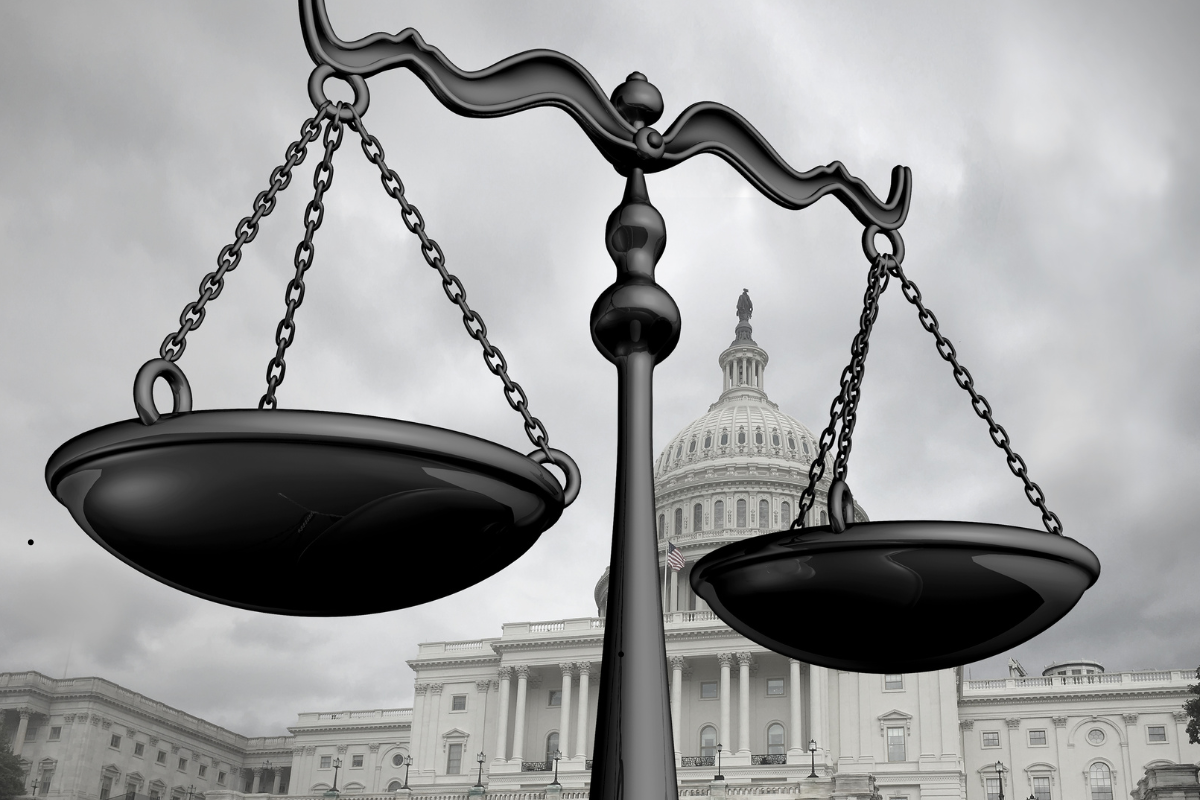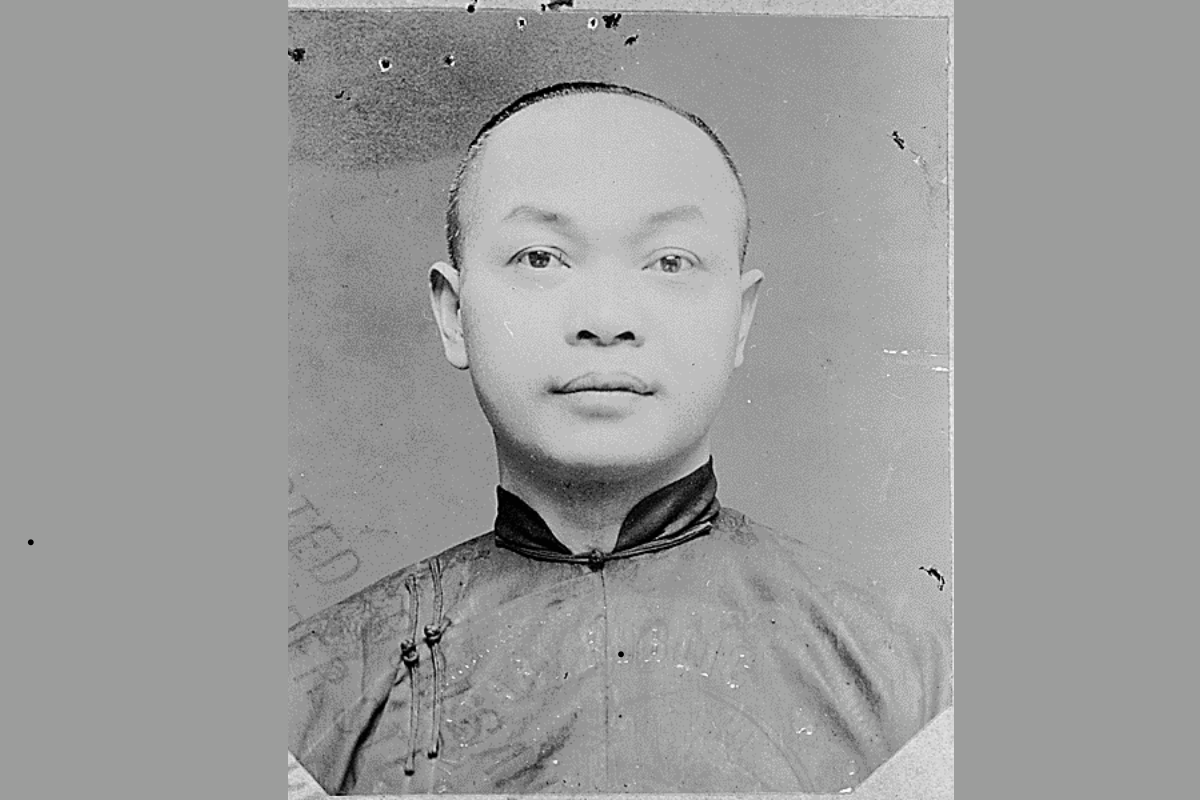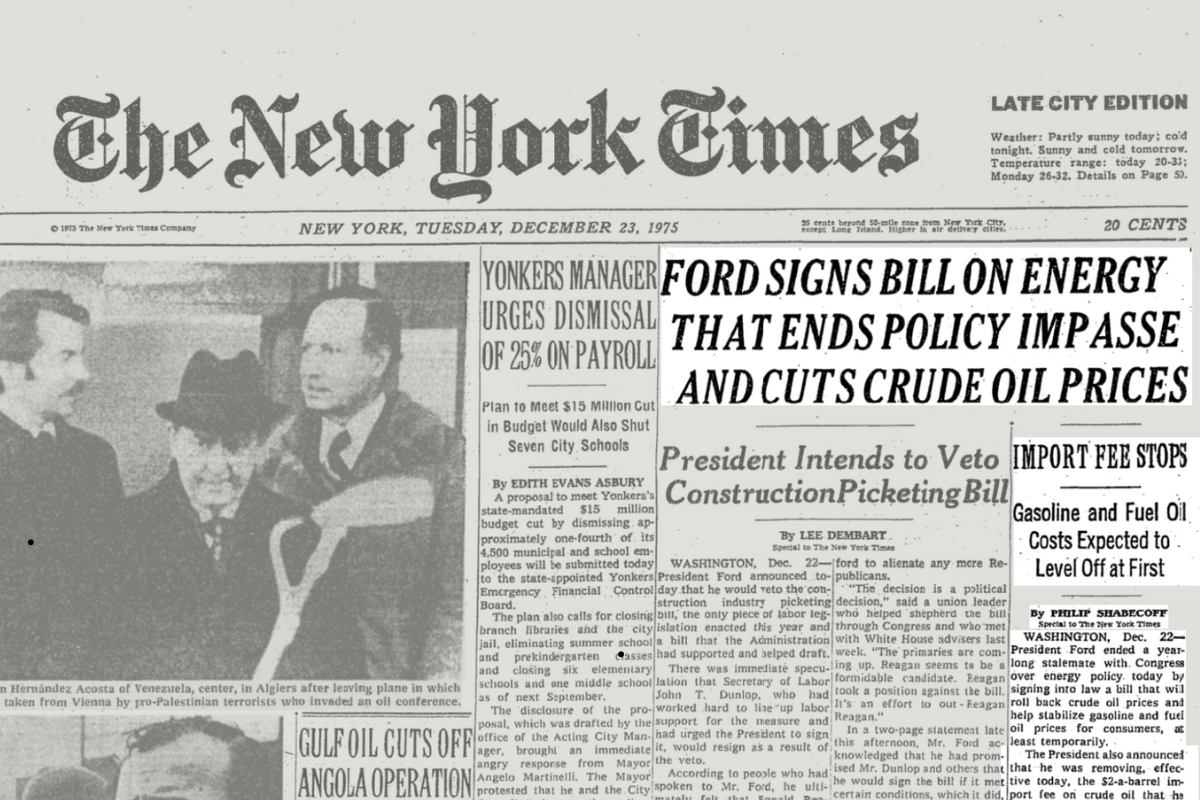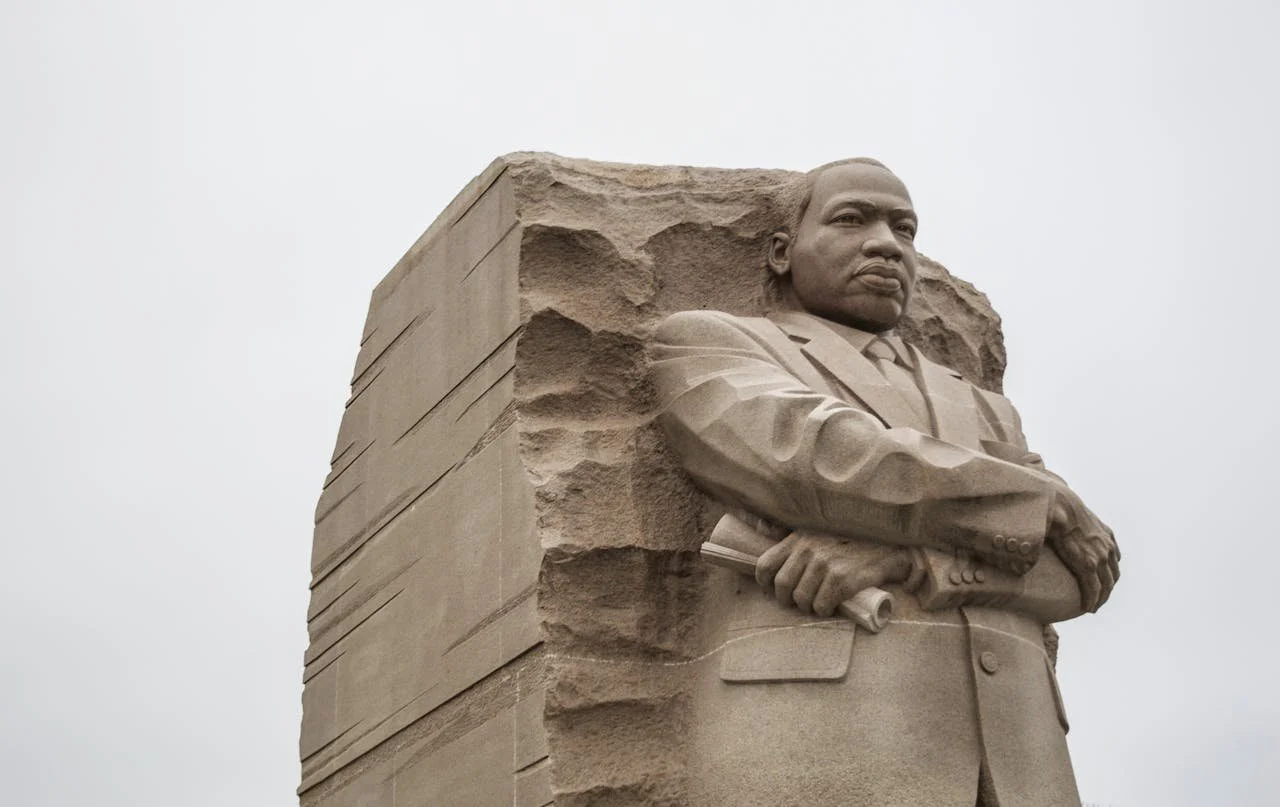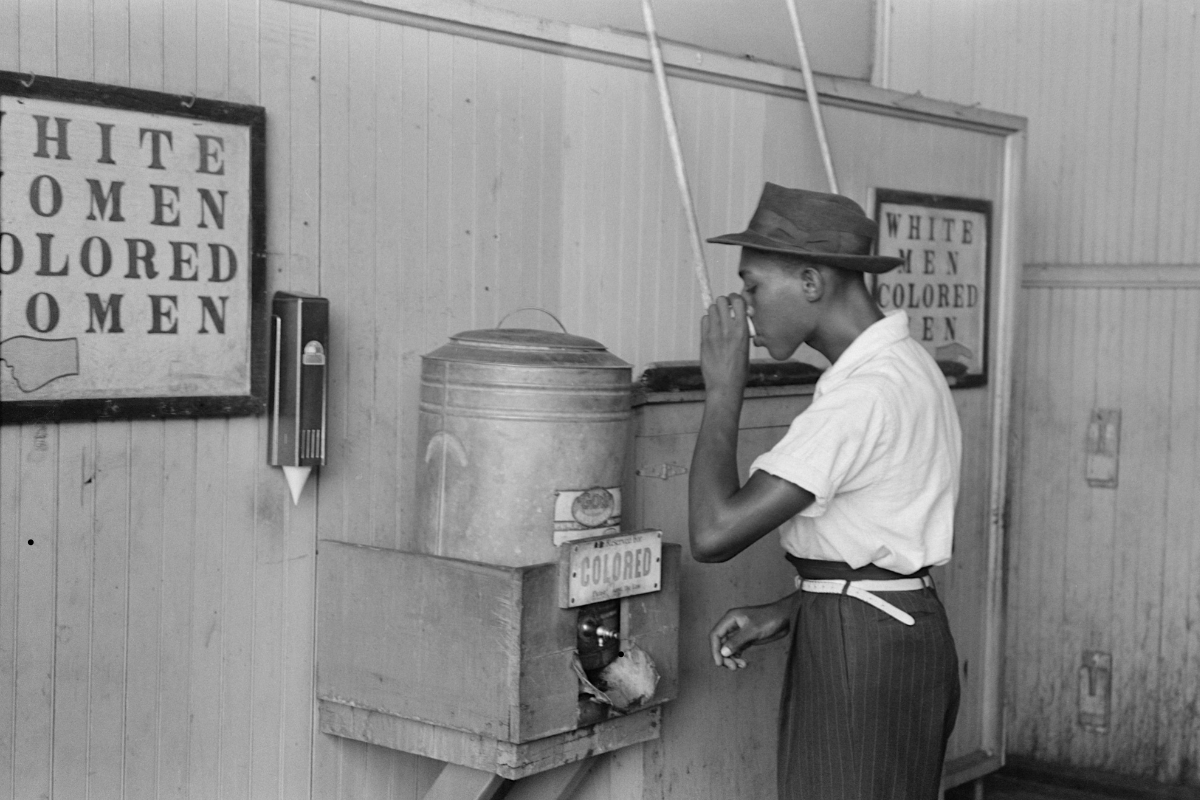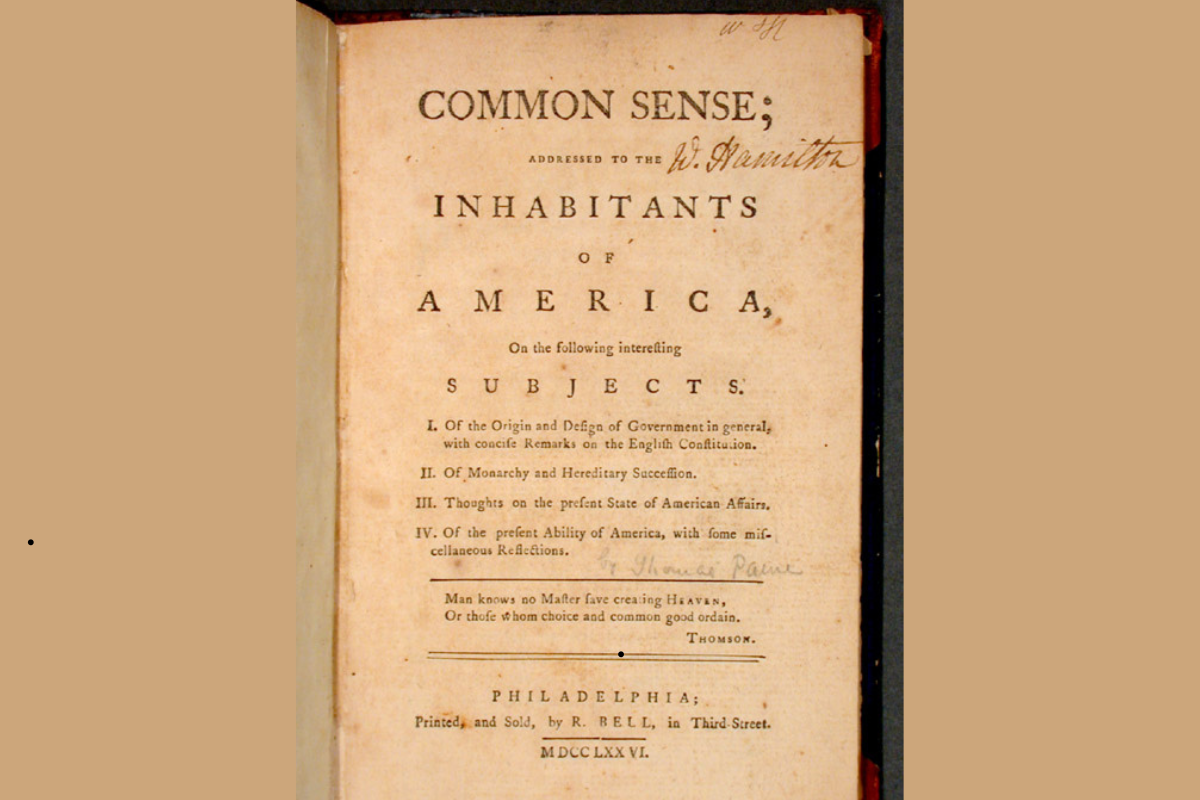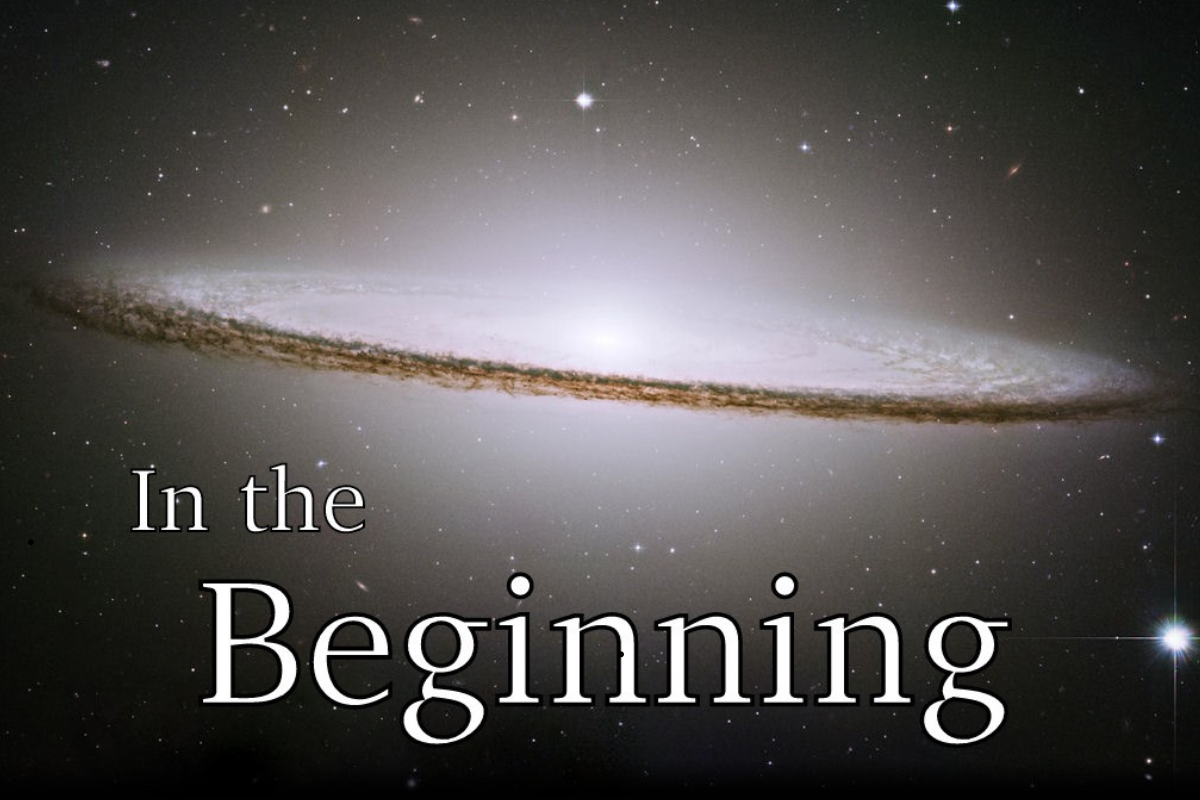
John von Heyking
John von Heyking is Professor of Political Science at the University of Lethbridge, in Alberta, Canada, where he teaches political philosophy and religion and politics. He is author of Augustine and Politics as Longing in the World (2001), and coeditor of Friendship and Politics: Essays in Political Thought (2008) and Civil Religion in Political Thought (2010), as well as two volumes of The Collected Works of Eric Voegelin. The topics of his scholarly articles include friendship, cosmopolitanism, liberal education, multiculturalism, empire, civil religion, political representation, citizenship, republicanism, just war, Islamic political thought, leadership, America as symbol, and religious liberty in Canada. His editorials have appeared in the Globe and Mail (Toronto), Calgary Herald, C2C: Canada’s Journal of Ideas, and Comment. He was the 2010 Hill Lecturer and is currently president of Civitas, “a society where ideas meet.” He is currently at work on a book-length study on the political significance of friendship.
Read John von Heyking’s Essays




